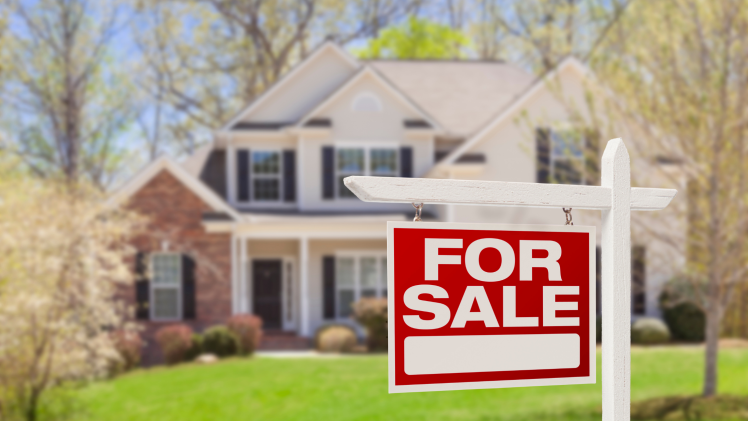The year 2020 will not easily be forgotten. This year, the world has undergone severe changes due to the coronavirus pandemic. The pandemic’s effect on nearly every aspect of life has caused many people to feel sadness and despair. Many people are looking ahead to 2021 for relief.
The real estate market is in for many exciting changes in 2021. As the pandemic begins to resolve, economic growth can happen again. The housing and commercial real estate markets have the potential to recover and return a sense of security to the global economy.
Rusty Tweed, a real estate and financial expert, describes six ways in which he believes the real estate market will change in 2021.
1. Home Price Growth Will Slow
As delinquencies rise due to the end of the CARES Act provisions in December 2020, American homeowners will see a static pattern in home price growth. These economic conditions could see a rise in foreclosures or distressed property sales, putting downward pressure on prices. Lower prices have a negative effect on home equity.
According to CoreLogic, a real estate data firm, their Home Price Index rose by 4.3 percent through June 2020, increasing home equity. However, home price growth is projected to slow to 0.6 percent by July 2021, with home prices declining in 11 states. This points to negligible growth in home equity gains over the next year, with many markets losing equity.
Louisiana, Illinois, Connecticut, Iowa, and Arkansas have the highest negative equity share or proportion of homes that have “underwater” mortgages, pointing to instability in the market. This may be because homeowners in these areas are becoming delinquent on their loans or ended up not being able to afford their existing loans.
2. Strong Demand for Available Homes
Some industry watchers believed that the coronavirus pandemic would devastate home sales figures, but the opposite has been true. The market has been hot, and there have been fewer available properties on the market thanks to the large interest in purchasing a new home.
The reasons behind this surprising shift are many. Affluent city dwellers came to realize that living in a crowded place is not necessarily safe in the age of COVID. These well-to-do buyers abandoned their city properties in favor of suburban and rural areas with better potential for social distancing.
Some homeowners also decided that they couldn’t afford their current home anymore, meaning that they left homeownership for a rental situation. Their homes were quickly snapped up in a hot market. Rental markets have also tightened in rural and suburban areas, with high occupancy rates and rising rents, but they have plummeted in urban areas.
3. Continuing Low Interest Rates
The Fed lowered interest rates in early 2020, citing the damaging effects the coronavirus could have on the American economy. This had the intended effect of increasing demand for new and refinanced mortgages to take advantage of rock-bottom prices.
Rusty Tweed predicts that interest rates will stay low, encouraging the prospects of an economic recovery.
4. Potential Drop in Home Prices
If the government’s response to the pandemic falters, there may be a corresponding drop in home prices. While housing markets have largely been resilient against the fallout of the coronavirus pandemic up to this point, the true impact of its economic damage could come to pass in 2021.
If the CARES Act is not renewed, the provisions in place to prevent delinquencies and foreclosures will expire. This will leave a large number of homeowners out in the cold. The flood of distressed properties coming onto the market may drive prices down.
5. Commercial Real Estate Concerns
The office sector is expected to lag behind the U.S.’s overall economic recovery by a few quarters. The office market has been rocked by the closure of non-essential businesses and the move to remote work. Many companies may decide that keeping their offices open is not worth it and that their employees are more productive when they work from home. This could have damaging effects on the office sector. Retail and hotels will also experience downturns that continue into 2021.
Industrial properties and data centers will continue to experience robust growth. During the pandemic, industrial businesses and data centers have remained important as the online business has continued to thrive.
6. The Arrival of a Vaccine
If a coronavirus vaccine is widely available in 2021, this will encourage further economic recovery. People will be able to go back to work, and mortgage delinquencies will be brought to an end. It remains to be seen whether urban dwellers who fled for less populated areas will return.
A Mixed Outlook
Without a vaccine, the prospects for 2021 are grim. Home prices may dip, and equity may further erode. Rusty Tweed understands that the market has made some serious changes in 2020 and encourages all interested property buyers to keep a close eye on economic conditions.
Comments are not available on this story.
Send questions/comments to the editors.


